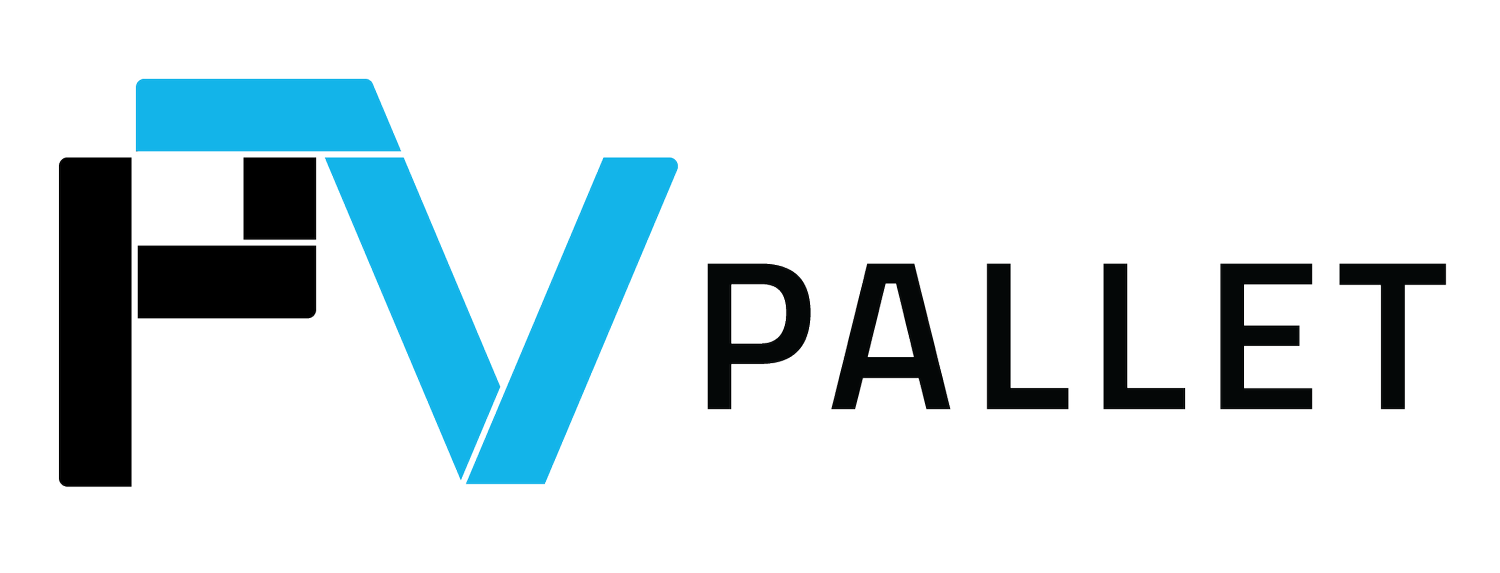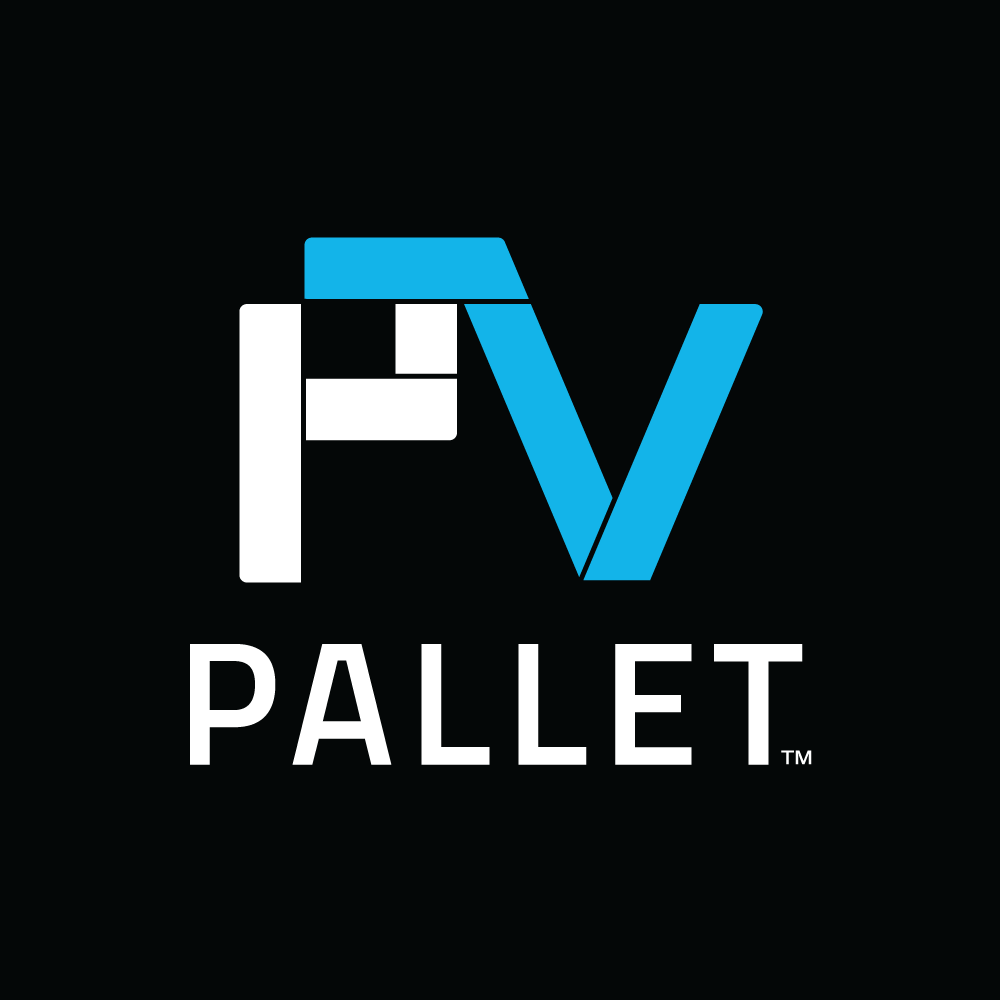How Financing Changed the Conversation for Solar (and Solar Packaging)
In the early days of solar energy, the high upfront costs of photovoltaic (PV) installations were a significant barrier to widespread adoption. However, financing solutions changed the game. Financing made it possible for homeowners, businesses, and even utility-scale installations to adopt solar technology without bearing the full burden of the upfront investment.
A key turning point came in the 1970s when Wells Fargo funded some of the first commercial solar projects, proving renewable energy's viability. By the mid-2000s, programs like California’s Solar Initiative (CSI), a $3 billion program launched in 2006, offered incentives that made solar accessible to even more homeowners and businesses.
By spreading out costs over time, financing made solar installations more attainable, ultimately accelerating adoption across residential, commercial, and even utility-scale projects. Solar was no longer a niche solution—it became a practical, affordable investment that helped offset utility costs.
Today, solar companies are facing a similar challenge with solar packaging solutions. But what if solar packaging could be as accessible and affordable for solar companies as solar installations became for home owners and businesses?
The Challenge: High Upfront Costs
Sustainable solar packaging faces a challenge: high upfront costs.
While reusable pallets and bulk containers have proven long-term benefits, such as reducing waste and cutting disposal costs, many solar manufacturers, installers, and distributors are hesitant to invest due to the initial financial burden. Even when savings is realized after just a few uses, the upfront cost can still be a barrier to making the switch.
Financing Makes Solar Packaging Accessible
This is where financing makes all the difference.
Financing makes the switch to reusable solar packaging easier by spreading out the upfront costs. This allows solar companies to manage smaller, predictable payments, just like how financing for solar installations helped the industry grow. With financing, businesses can immediately enjoy the benefits of reusable packaging—cost savings, waste reduction, and a lower environmental impact—without straining cash flow.
At PVpallet, we offer financing options tailored for solar businesses:
Short-Term Payment Plans: Customers who purchase small from our online store, palletsandbins.com, can spread their purchase over two months with no extra cost or extend it up to a year with minimal interest.
Long-Term Lease Financing: For larger orders, lease financing spreads the cost over 2–5 years, making reusable packaging more affordable annually than single-use options. Plus, at the end of the lease, the pallets and containers are yours to keep.
It’s a win-win: immediate benefits with manageable payments, allowing solar companies to improve operations while maintaining financial stability. This approach helps businesses invest in sustainable packaging without the burden of a large upfront cost. As savings and waste reduction kick in, companies can strengthen their financial position, enhance their brand reputation, and take on more sustainable practices—ultimately leading to long-term success and environmental responsibility.
Long-Term Benefits of Reusable Packaging
Reusable packaging offers clear advantages for solar companies.
While the initial investment in reusable packaging may seem like a challenge, the long-term benefits are undeniable. By adopting packaging solutions that are durable and built for repeated use, solar companies can improve both their sustainability efforts and financial performance over time.
Here are some key benefits:
Long-Term Cost Savings: Reusable pallets and bulk containers last for years, making them a cost-effective packaging solution for solar companies.
Reduced Packaging Disposal Costs: With reusable packaging, there are fewer disposal costs associated with single-use packaging.
Increased Efficiency: Durable, reliable packaging improves operational efficiency and reduces delays in the shipping process, helping solar manufacturers and distributors streamline operations.
Reduced Product Damages: Strong, protective packaging reduces product damage, ensuring solar panel shipping and logistics are smooth and cost-effective.
Lower Environmental Impact: Plastic pallets have a lower carbon footprint over their life cycle, compared to wood pallets.
Adopting reusable packaging also supports a broader shift toward sustainability in the solar industry. By minimizing waste, solar companies can contribute to the circular economy while improving the sustainability of their operations. Not only does this reflect positively on the environment, but it also enhances brand reputation and attracts customers who prioritize eco-friendly business practices. With these significant benefits, reusable packaging becomes a strategic asset for any solar business looking to streamline logistics and reduce costs.
The Future of Solar Packaging
Just as financing revolutionized solar installations, it's now transforming the way solar companies approach packaging.
By making reusable pallets and bulk containers financially accessible, flexible payment plans and lease options remove the biggest barrier to adoption—high upfront costs. This shift ensures that sustainable packaging is not just an environmental choice but a practical, cost-effective solution for businesses of all sizes.
It’s time to make reusable solutions a standard, affordable option across the solar supply chain. With financing, manufacturers, installers, and distributors can improve logistics, reduce costs, and contribute to a circular economy without financial strain.
Financing helped solar energy become mainstream. Now, it's doing the same for solar packaging.
Ready to make the switch? Contact us.



